EDITORIAL
Published on 27 Feb 2024
Editorial: Advances on genomics and genetics of horticultural crops and their contribution to breeding efforts - volume II
doi 10.3389/fpls.2024.1385217
- 712 views
7,499
Total downloads
29k
Total views and downloads
You will be redirected to our submission process.
EDITORIAL
Published on 27 Feb 2024
ORIGINAL RESEARCH
Published on 09 Jan 2024
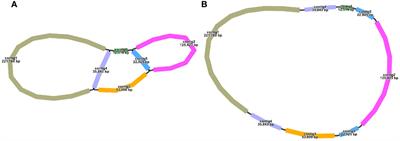
ORIGINAL RESEARCH
Published on 04 Jan 2024
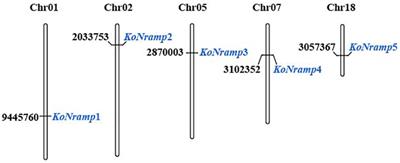
ORIGINAL RESEARCH
Published on 26 Oct 2023
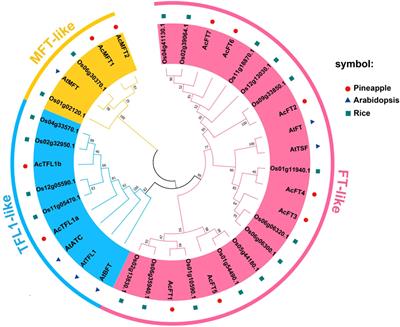
ORIGINAL RESEARCH
Published on 02 Oct 2023

ORIGINAL RESEARCH
Published on 02 Oct 2023

ORIGINAL RESEARCH
Published on 07 Sep 2023
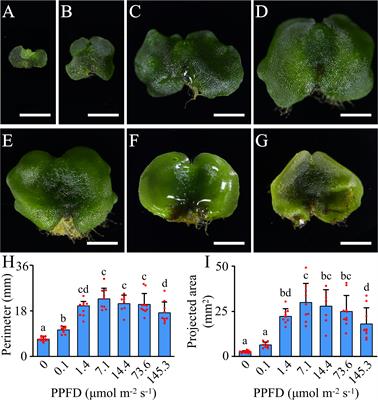
ORIGINAL RESEARCH
Published on 18 Aug 2023
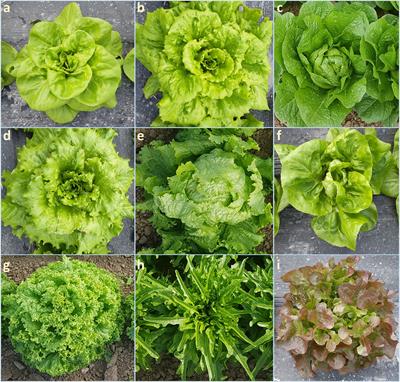
ORIGINAL RESEARCH
Published on 28 Jul 2023
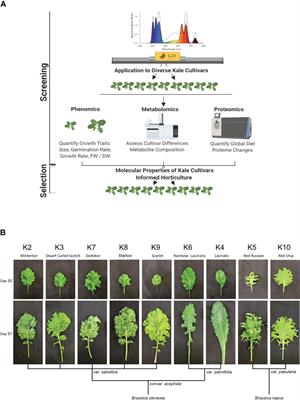
ORIGINAL RESEARCH
Published on 24 Jul 2023

ORIGINAL RESEARCH
Published on 14 Apr 2023
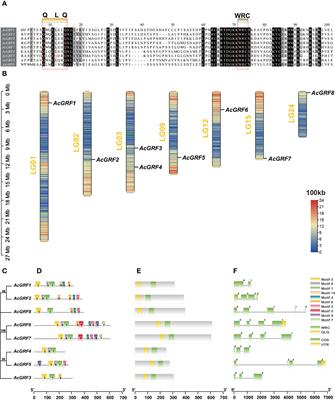
REVIEW
Published on 21 Mar 2023

